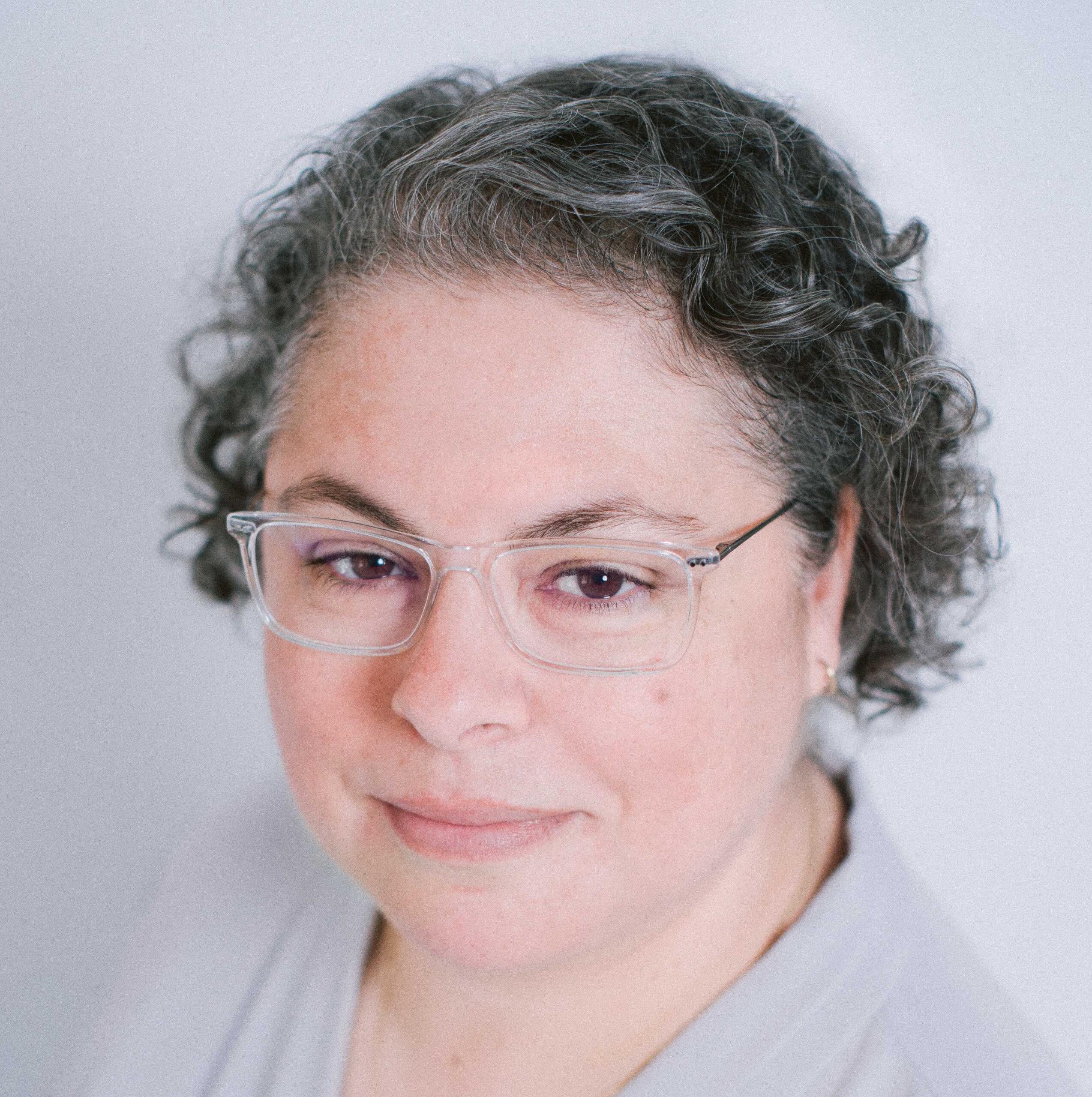Question: Jews have beautiful prayers for healing, but is there a prayer for someone who is dying or in hospice and has accepted this is the conclusion of life?
Yes, Jews do indeed have prayers for someone who is dying. Even when we have accepted the reality that there is no likelihood of physical recovery and end of life is in sight, it is still customary to recite or sing the Misheberach, the traditional Jewish prayer for healing. Though this prayer is commonly recited on behalf of those seeking healing, the text of the prayer calls for the healing of the soul as well as the body. As someone nears end of life, it is fitting to pray for their soul.
Jews approaching death also have a tradition of reciting Viddui, the confessional prayer that is also a mainstay of the Yom Kippur service. At the heart of the Viddui is the recitation of the Shema, a final declaration of faith before death. If the person dying is unable to recite these prayers, someone else can do so on their behalf. And that person doesn’t need to be a rabbi. In hospital or hospice settings, you can request a visit from a chaplain, most of whom are trained to provide support to people of all faiths.
Another piece of liturgy that is part of the Vidui prayer and may be familiar on its own is the last line of Adon Olam, which is excerpted in part from Psalm 31:6: “Into Your hand I entrust my spirit.” Rabbi Shefa Gold wrote a simple chant using these words as a prayer for surrender to be said by or on behalf of the dying. Finally, a non-religious variation on the traditional Viddui can be found in the book The Four Things That Matter Most: A Book About Living, by the palliative care physician Ira Byock. Byock recommends the phrases “please forgive me,” “I forgive you,” “thank you,” and “I love you” as essential phrases to communicate toward the end of life — both by the person dying, and by those closest to them, in a reciprocal gesture to bring their relationship toward closure. While these phrases may seem like simple secular language, communicating them near the end of life can serve as a powerful blessing for both the dying and those supporting them.

Help us keep Jewish knowledge accessible to millions of people around the world.
Your donation to My Jewish Learning fuels endless journeys of Jewish discovery. With your help, My Jewish Learning can continue to provide nonstop opportunities for learning, connection and growth.

Rabbi Melanie Levav is the executive director of Shomer Collective.



